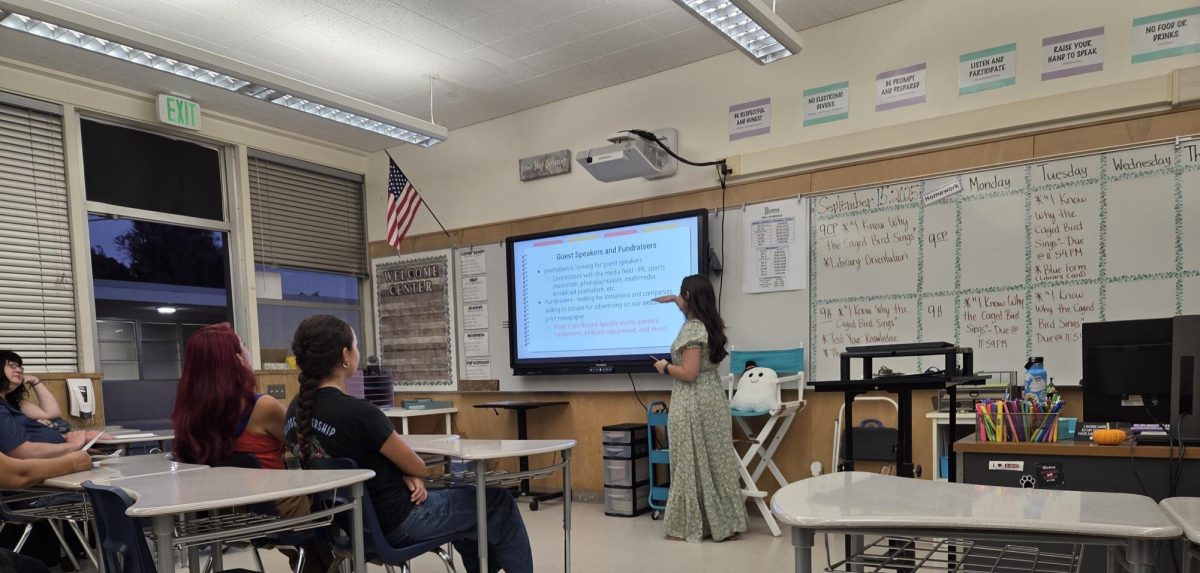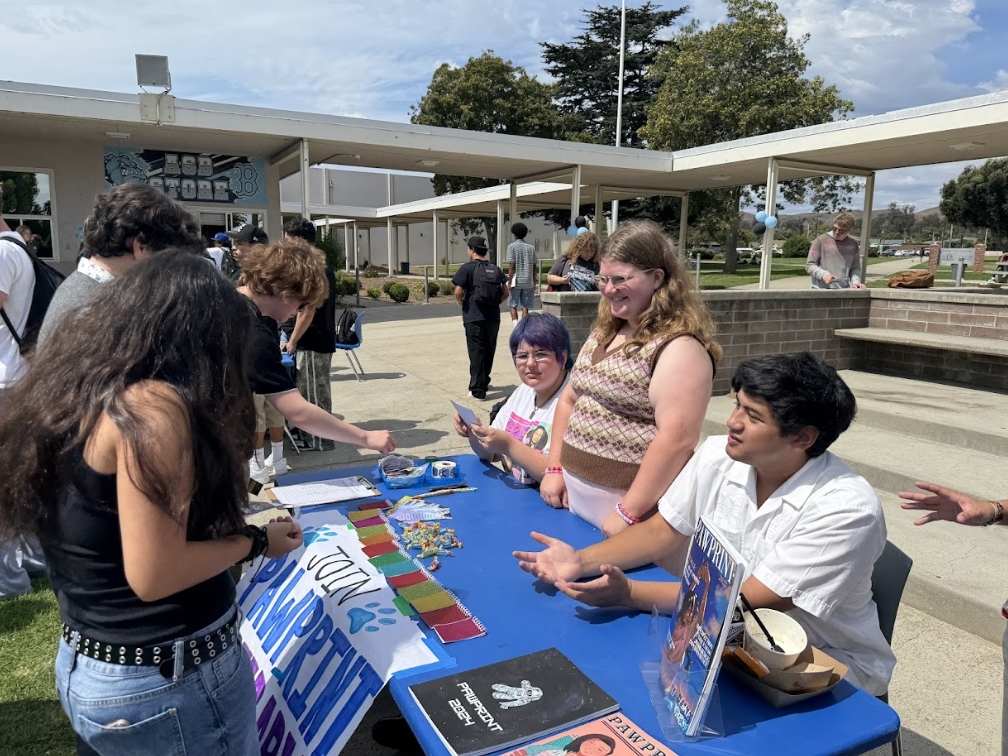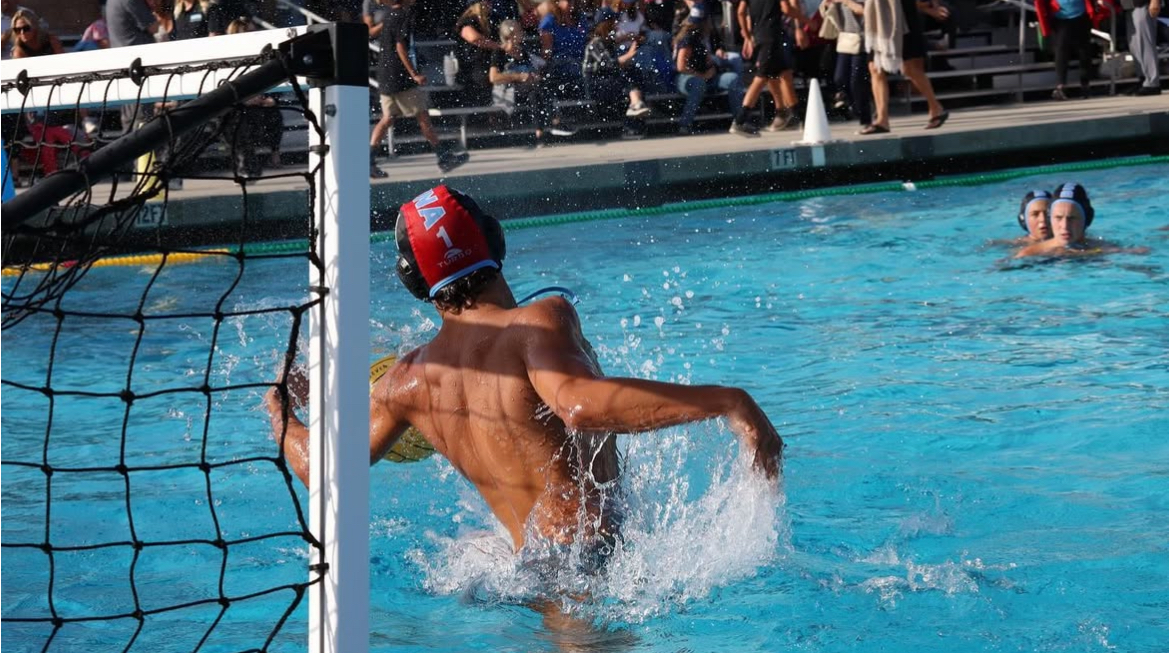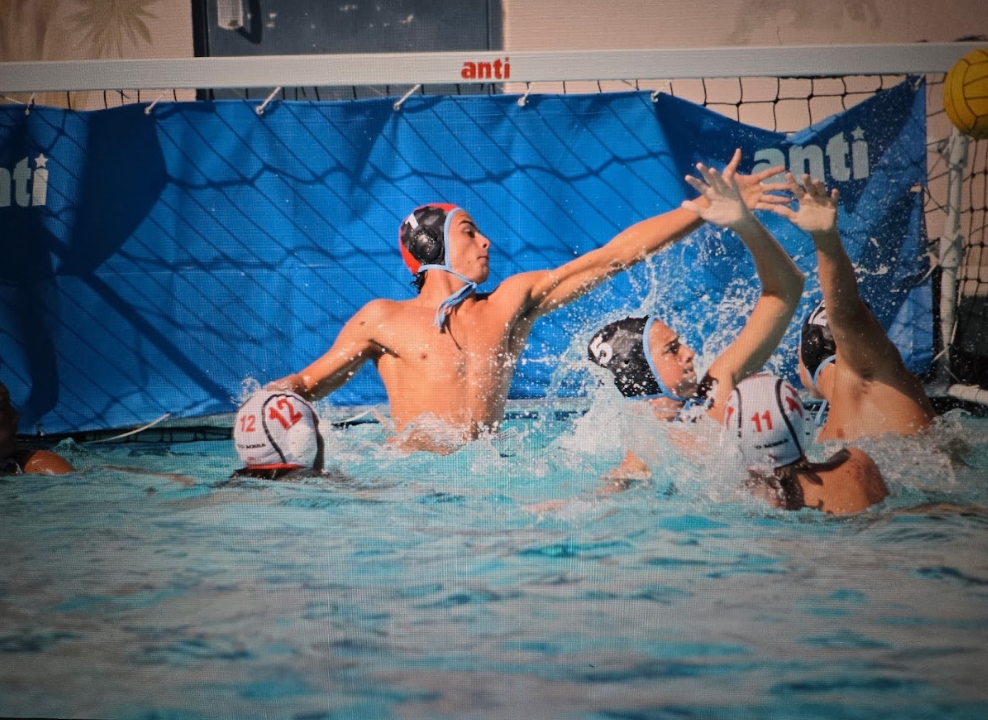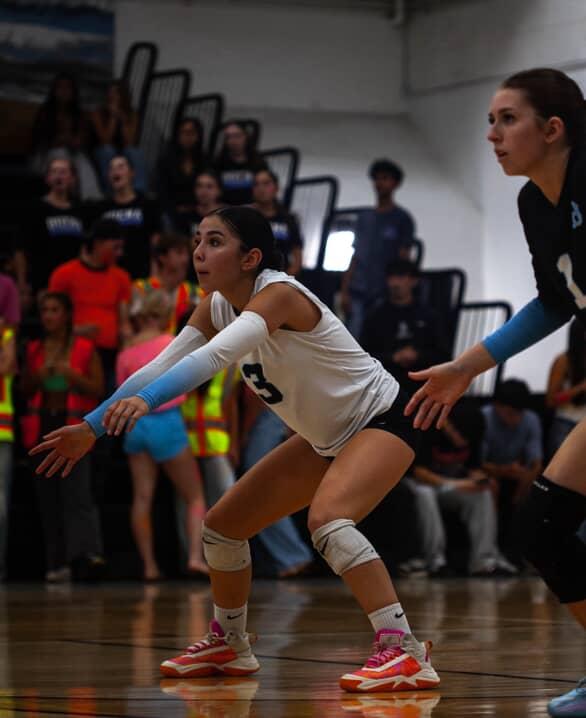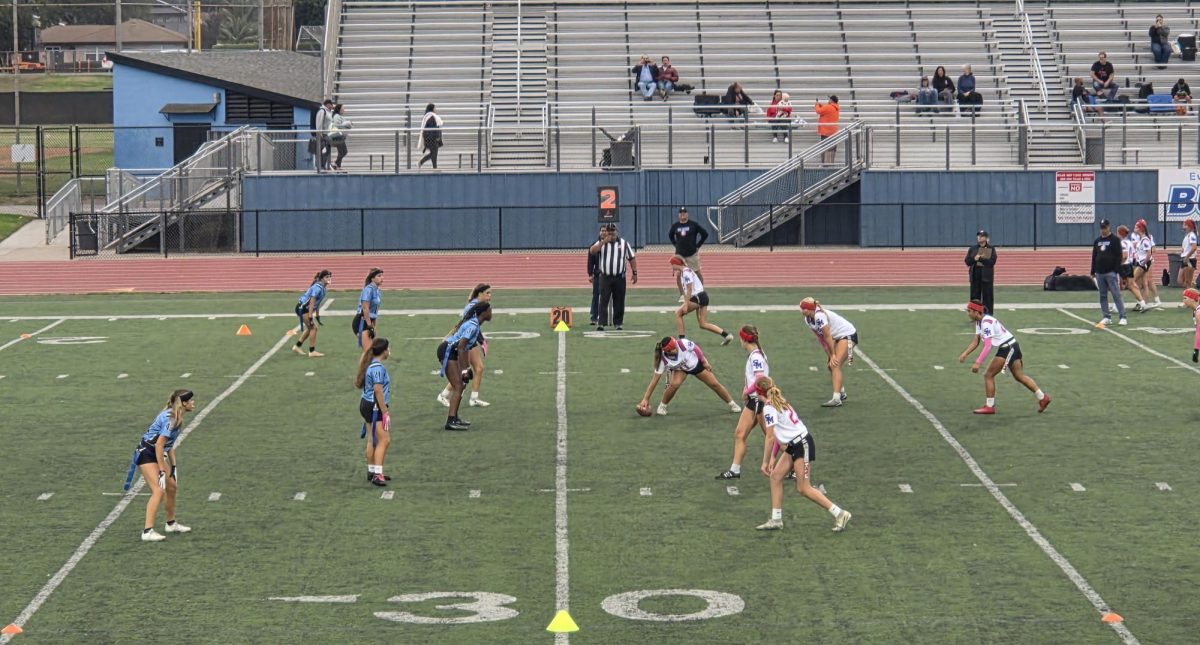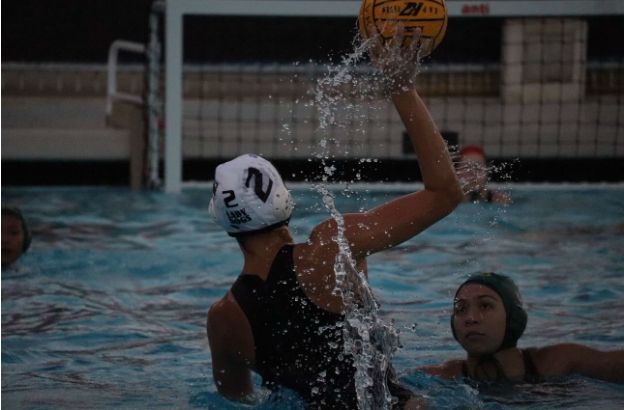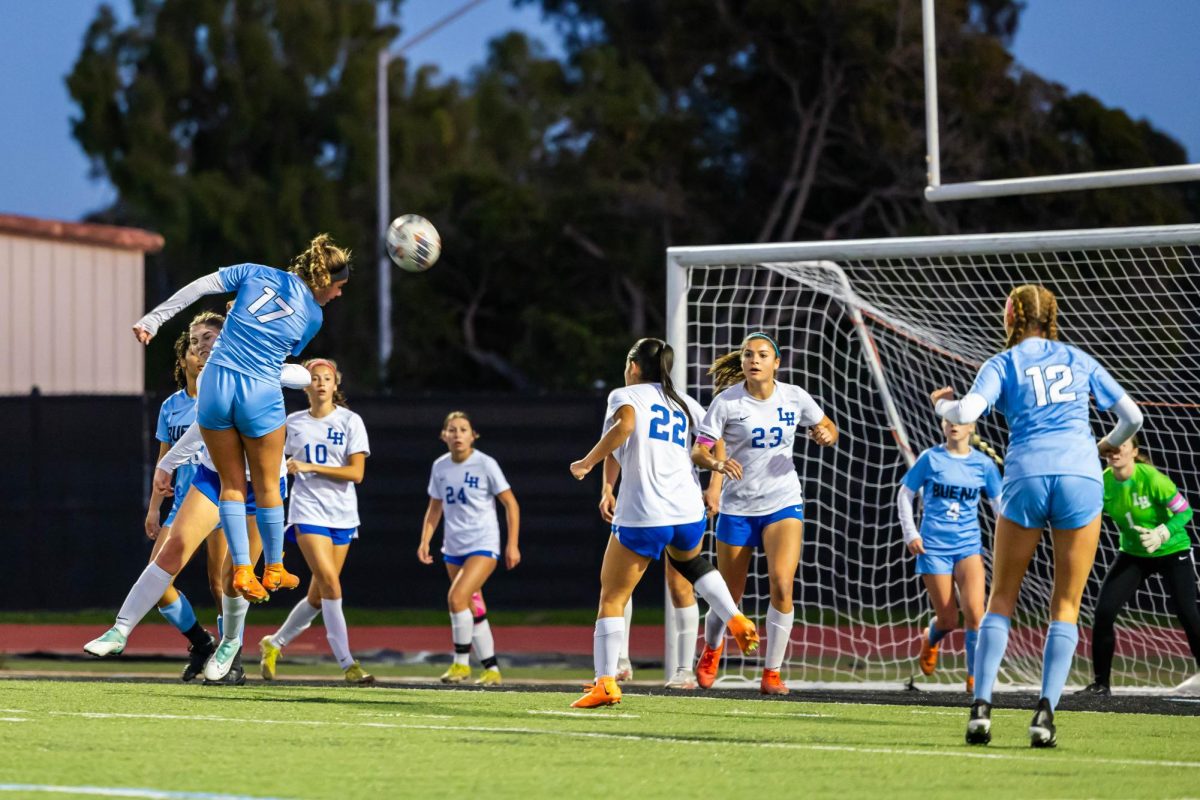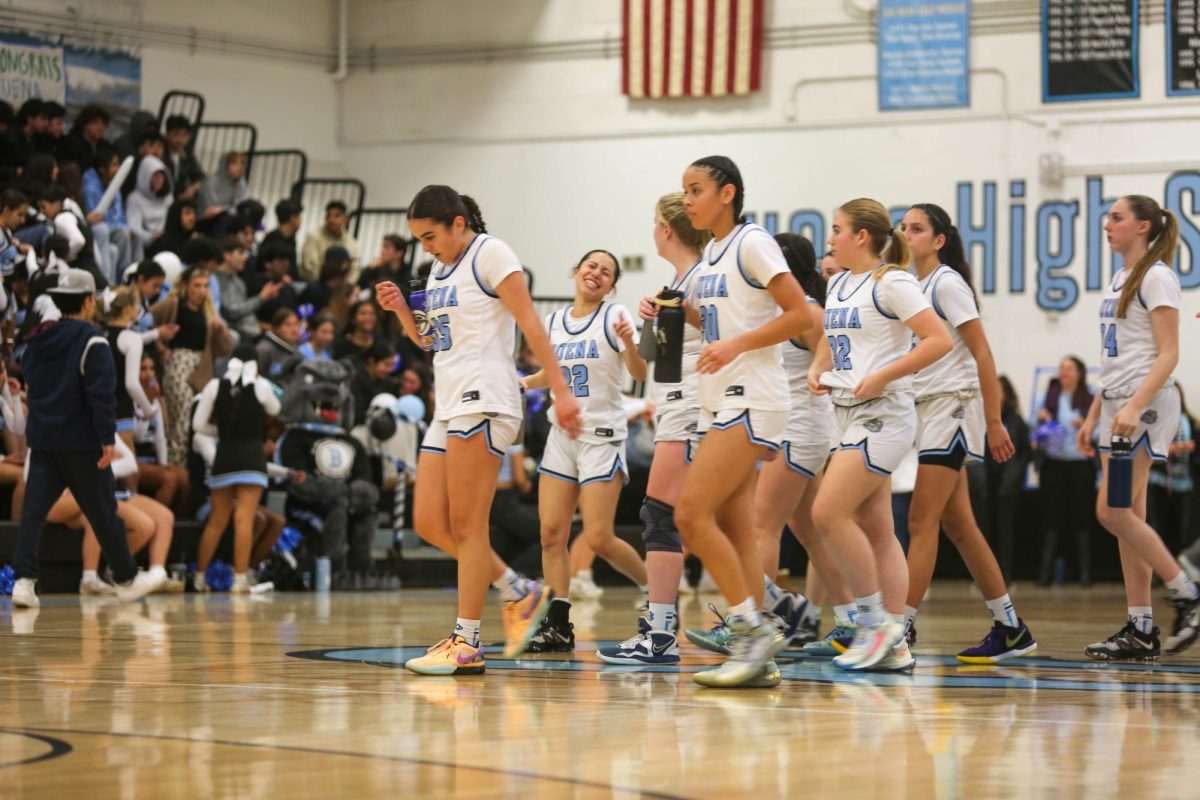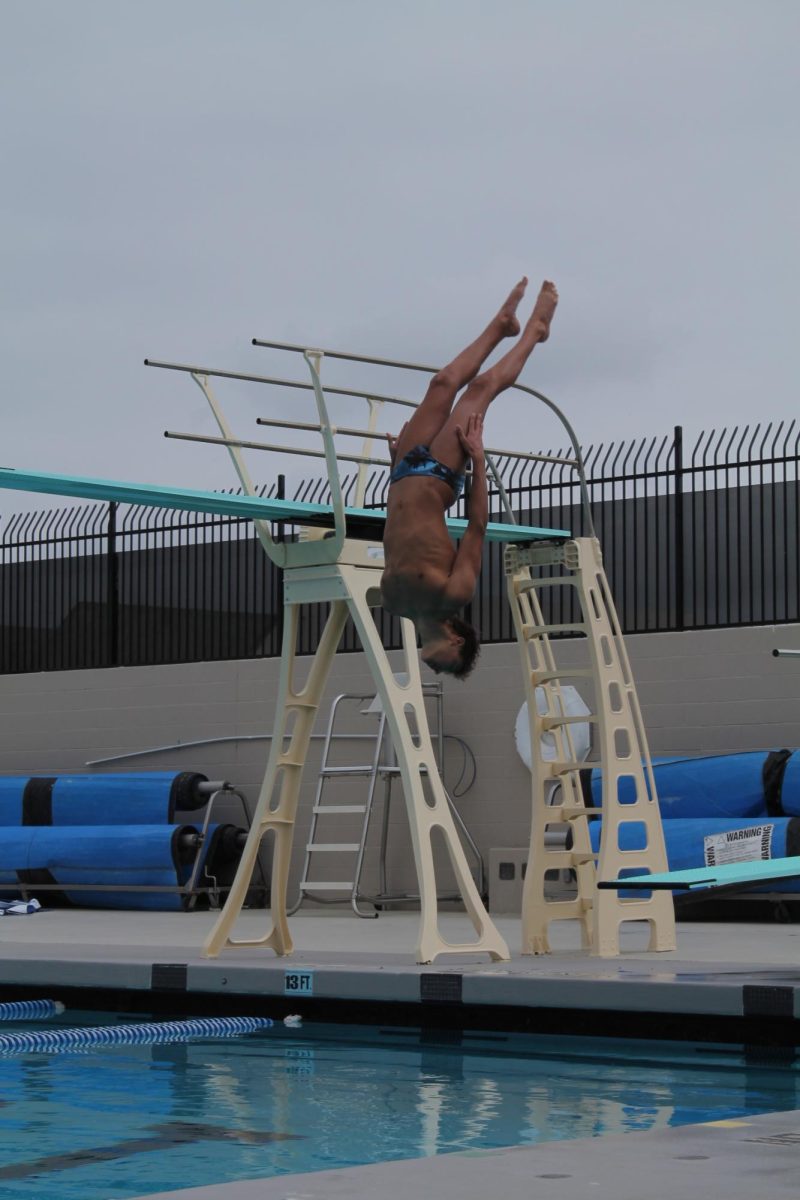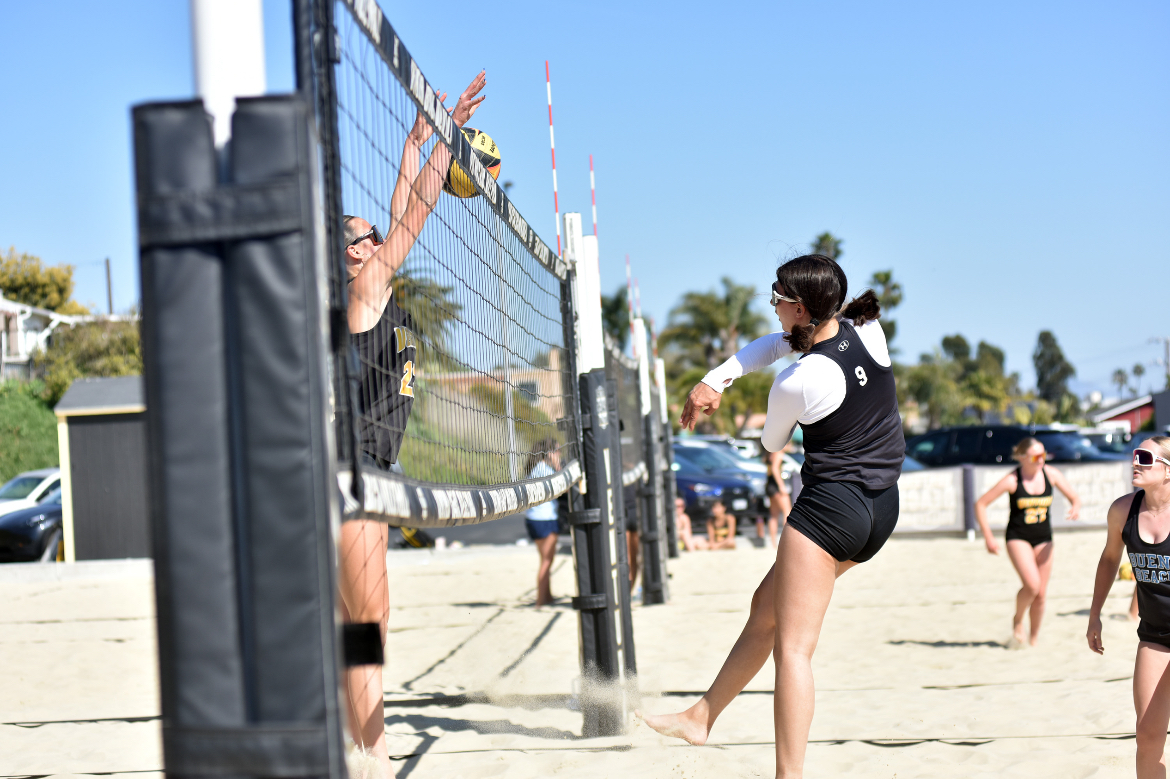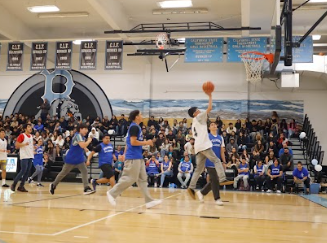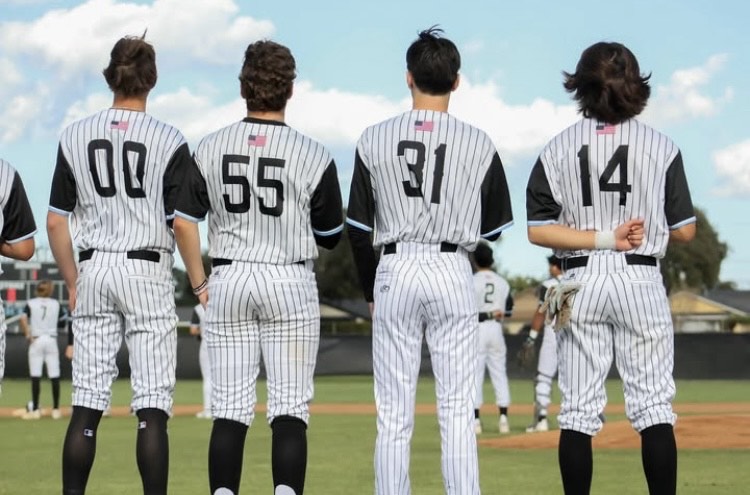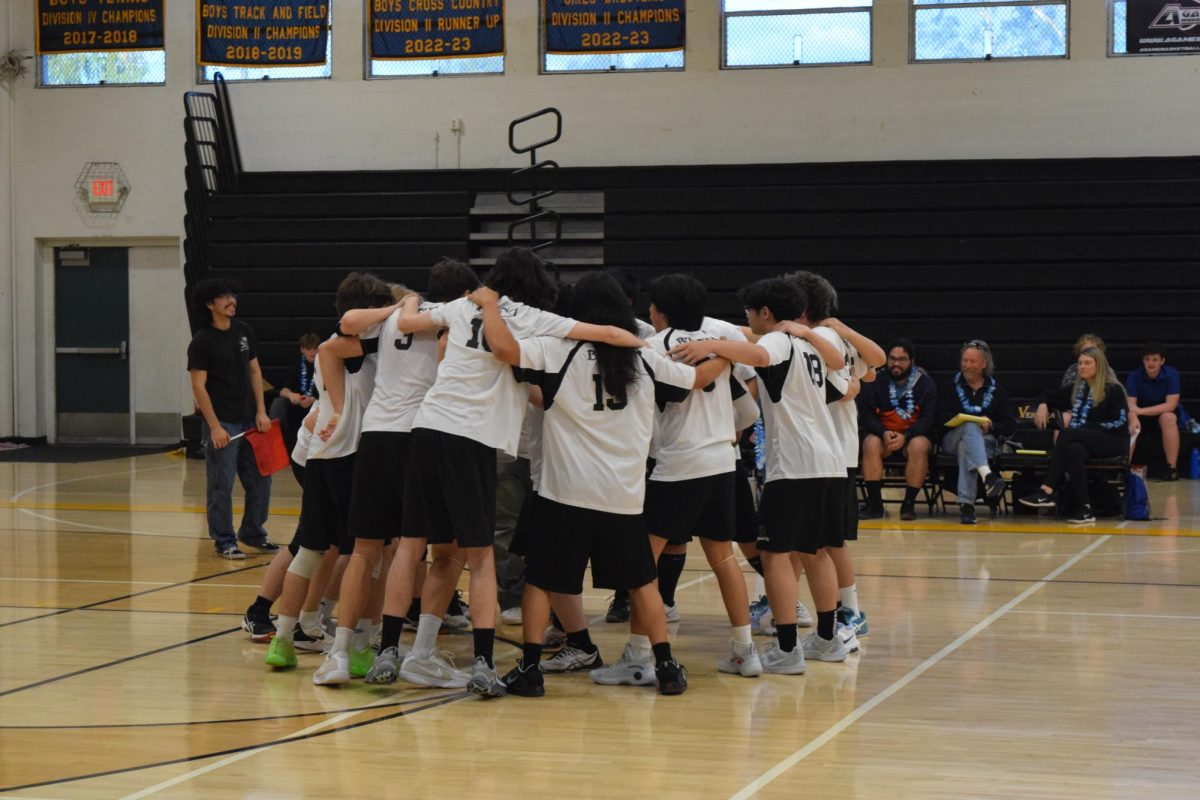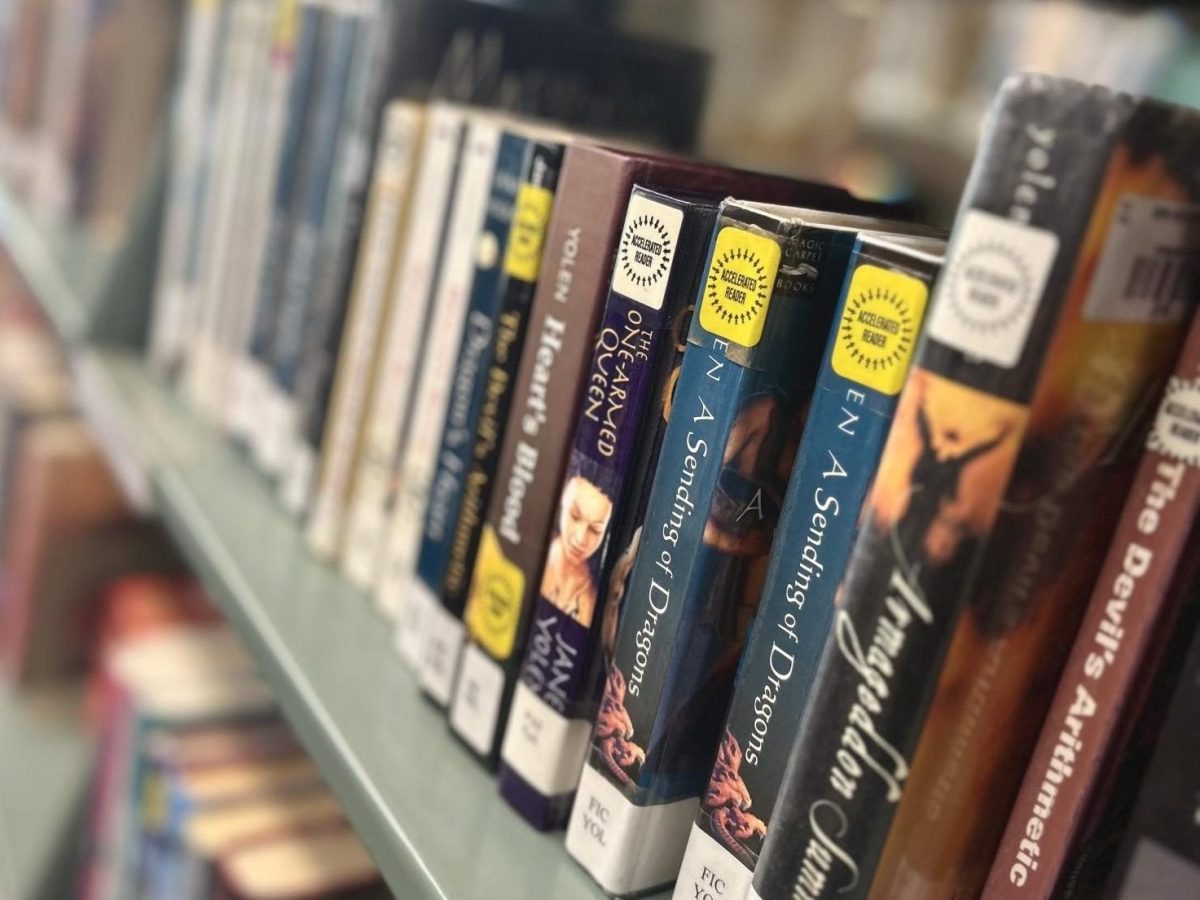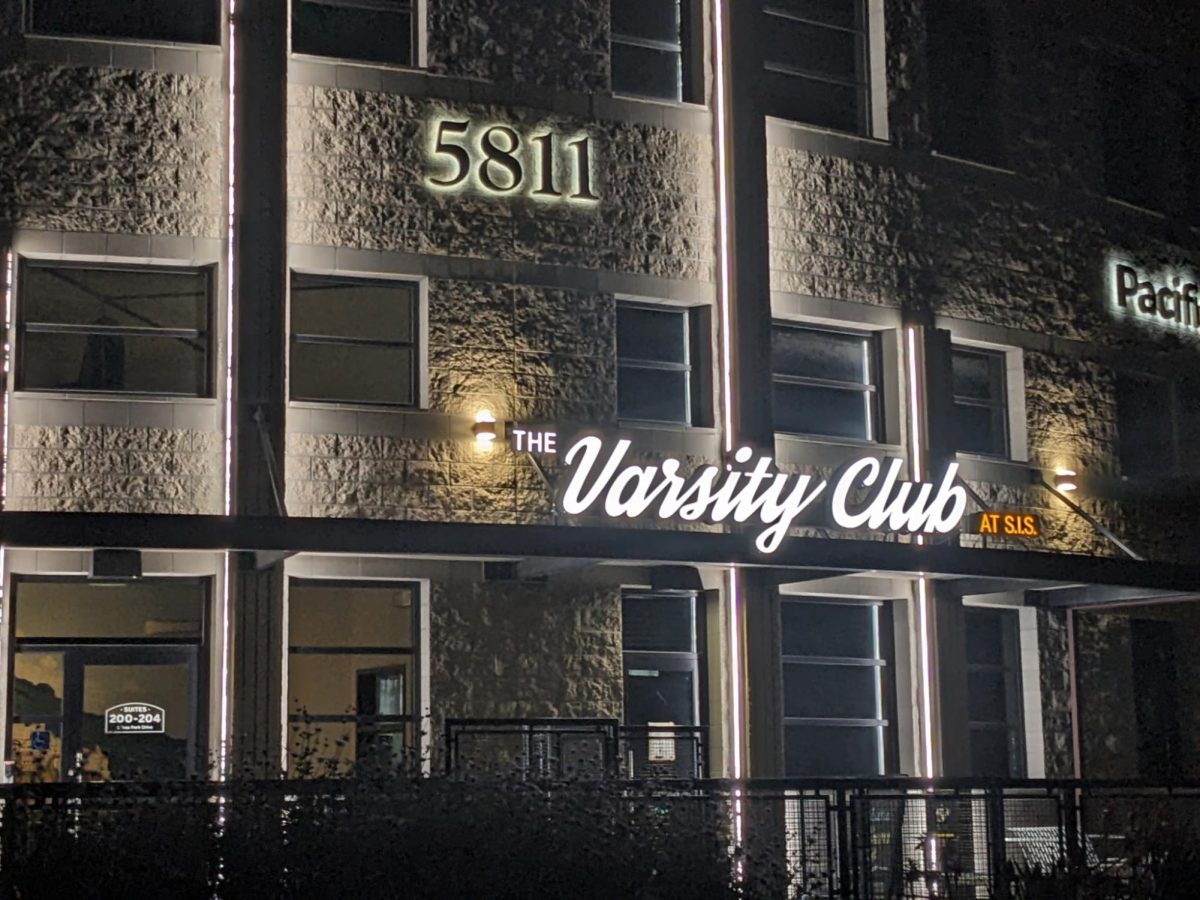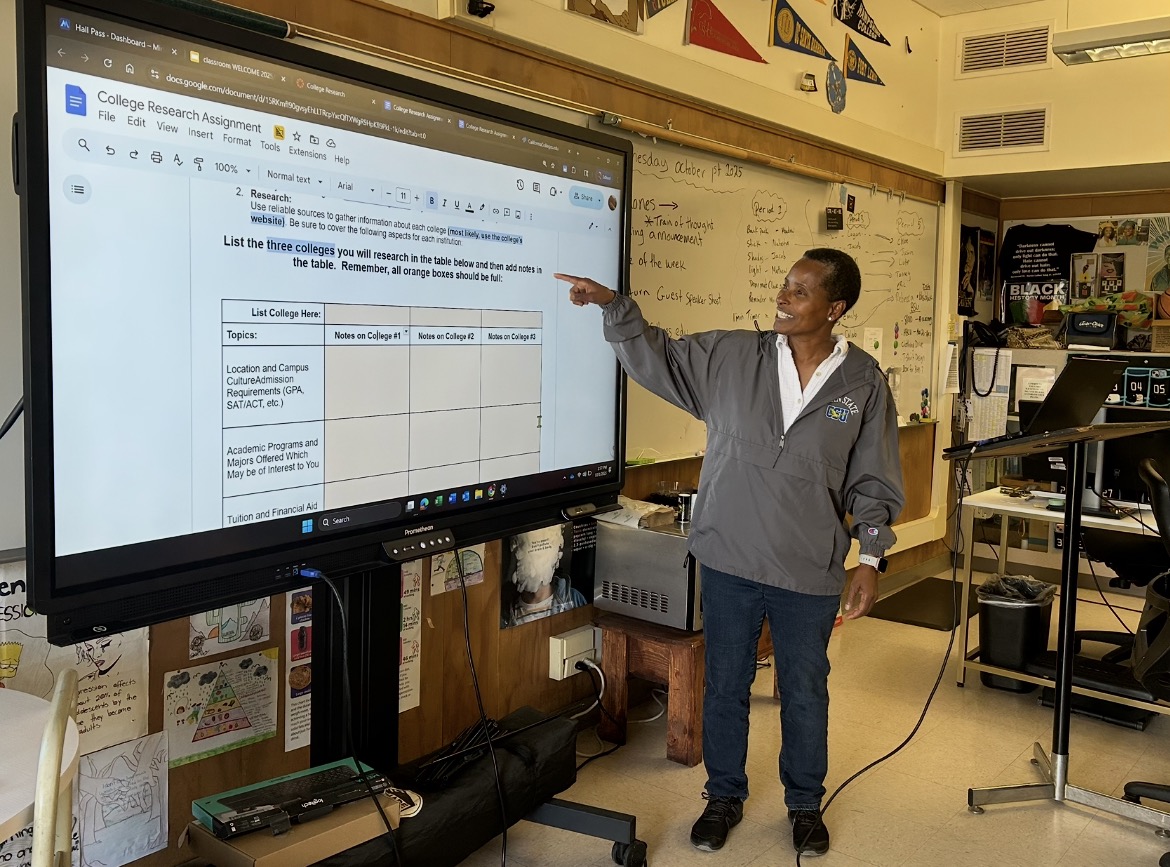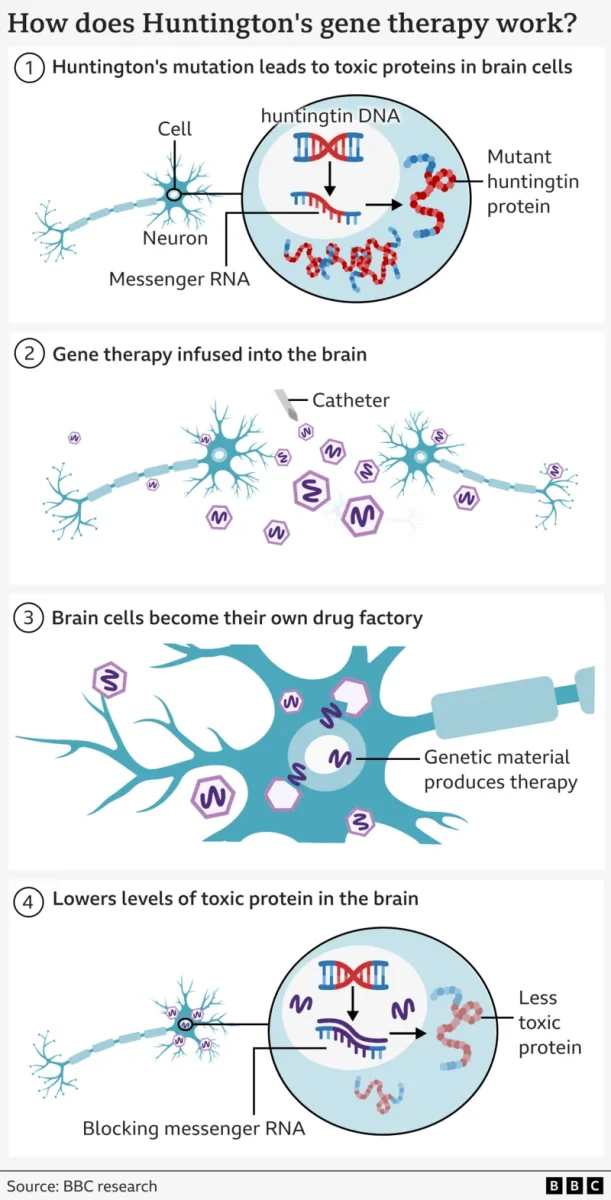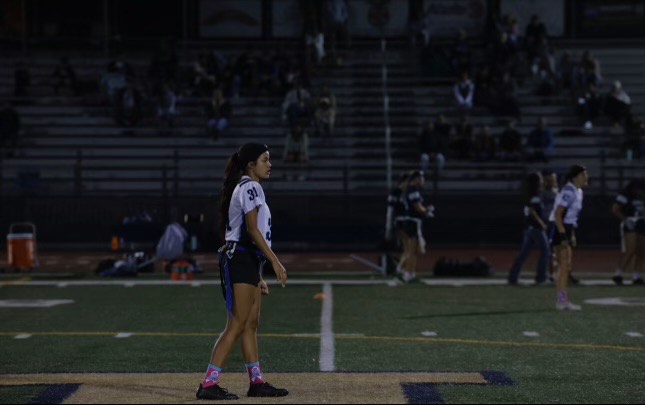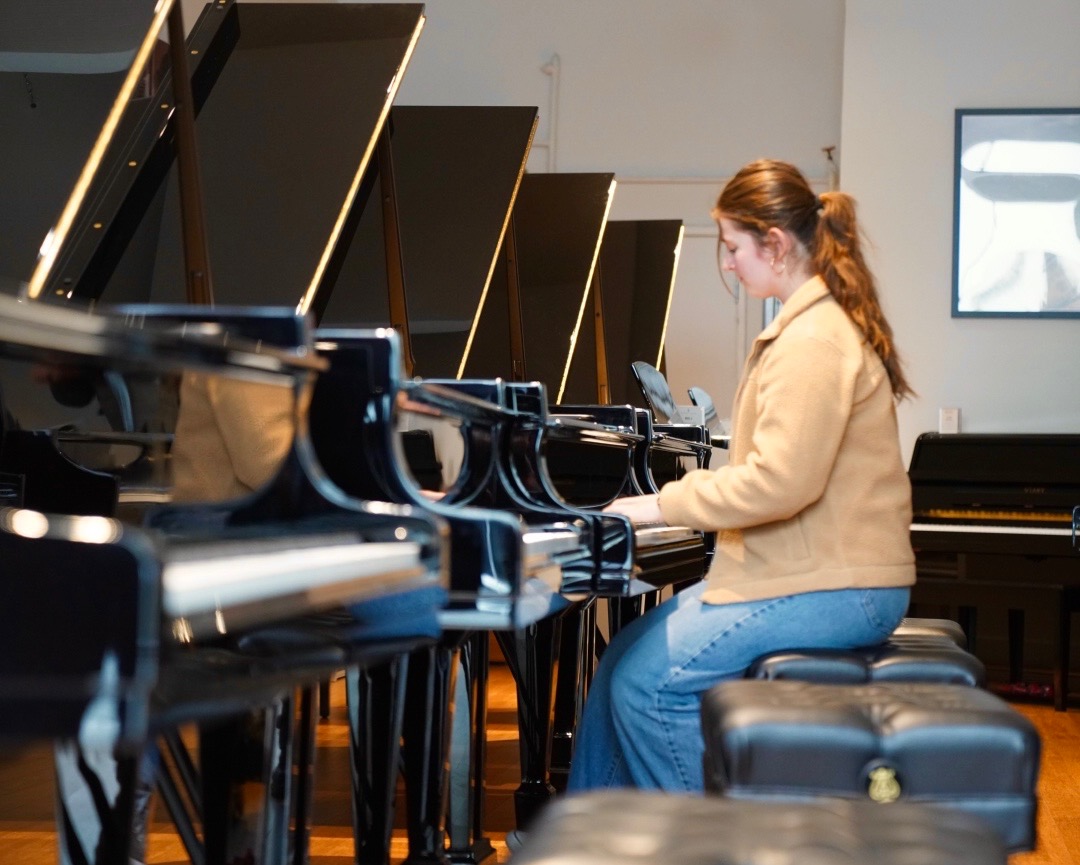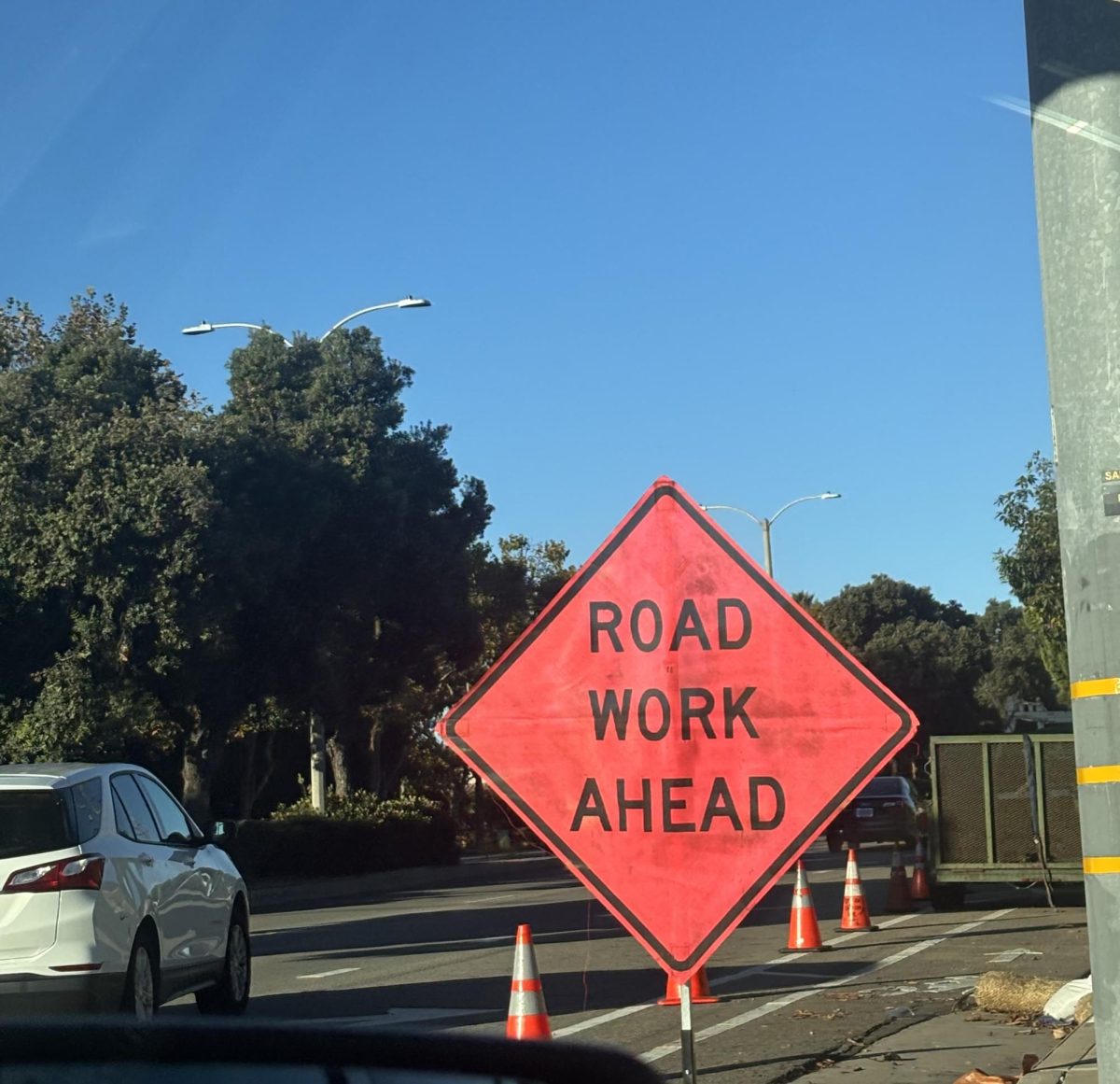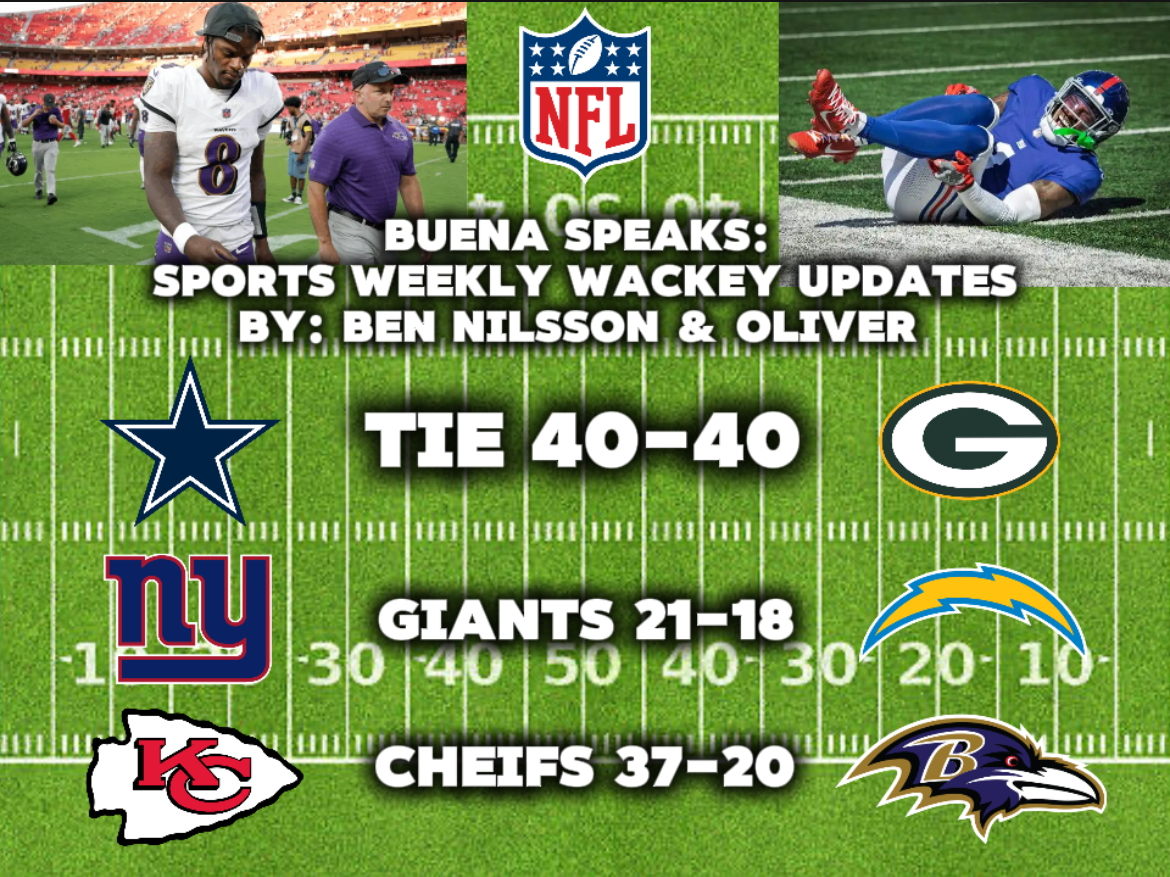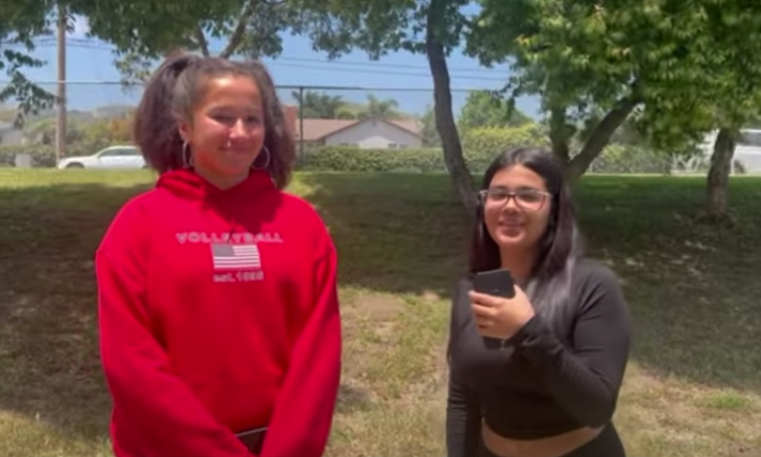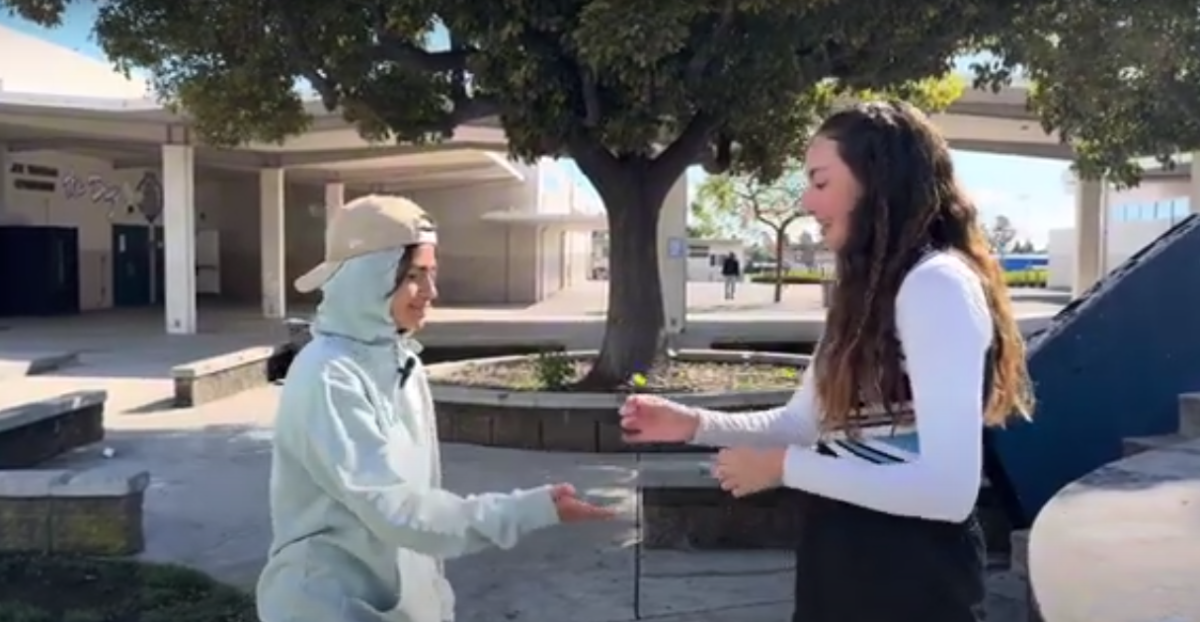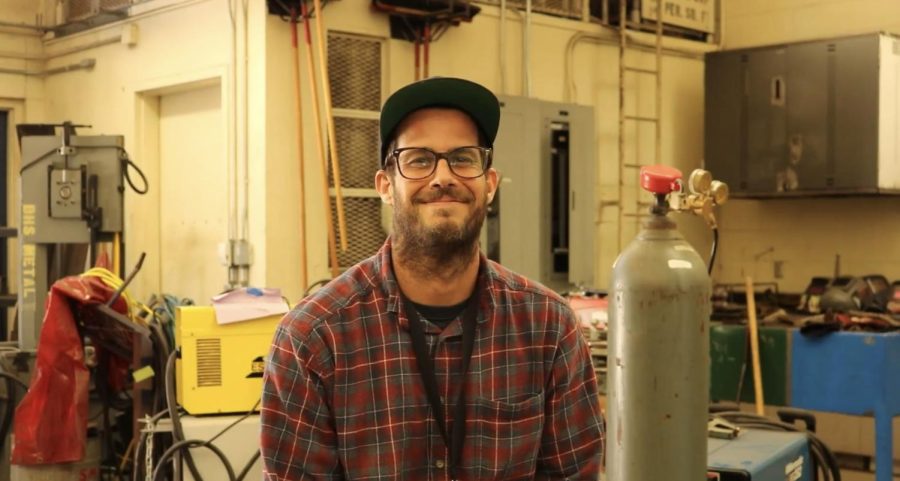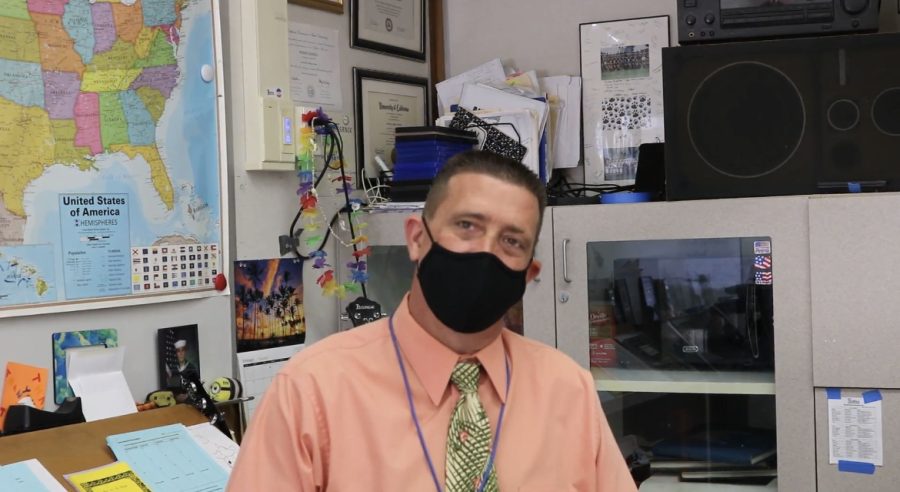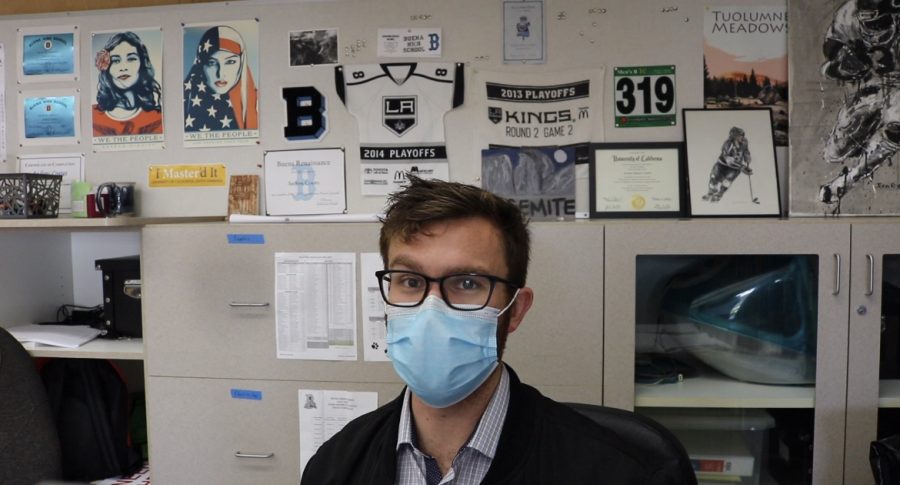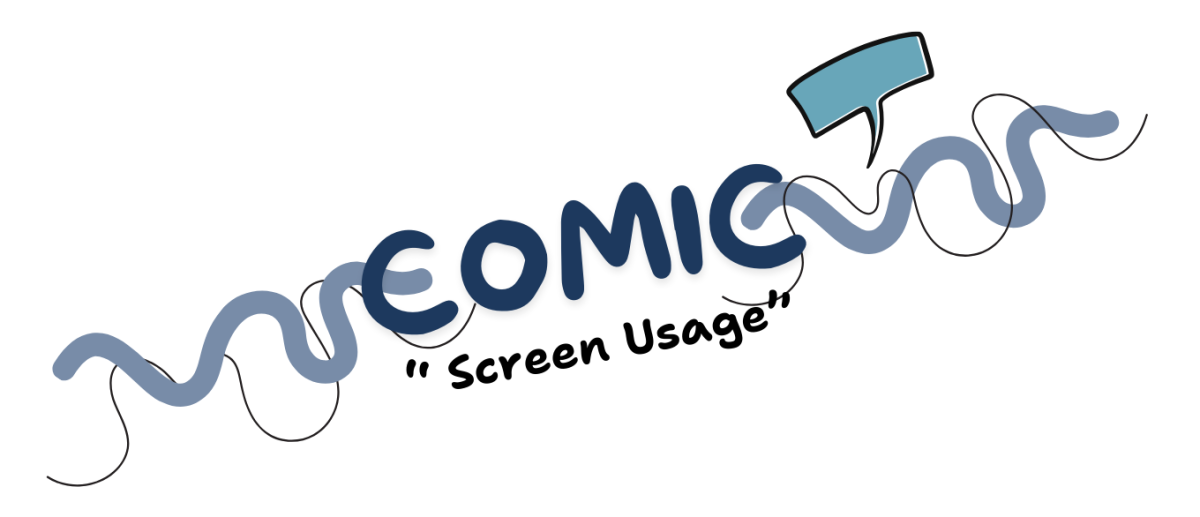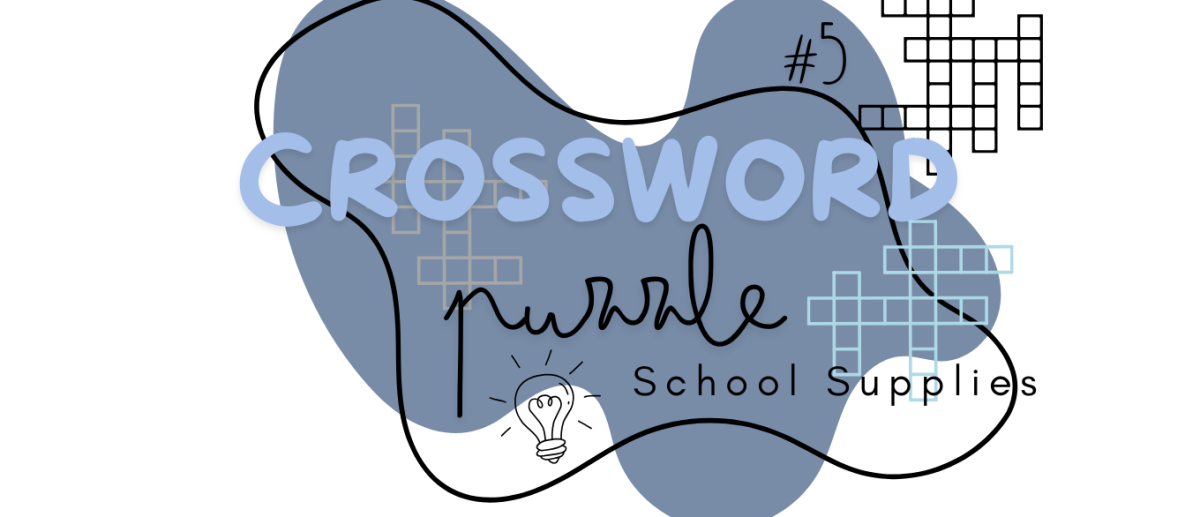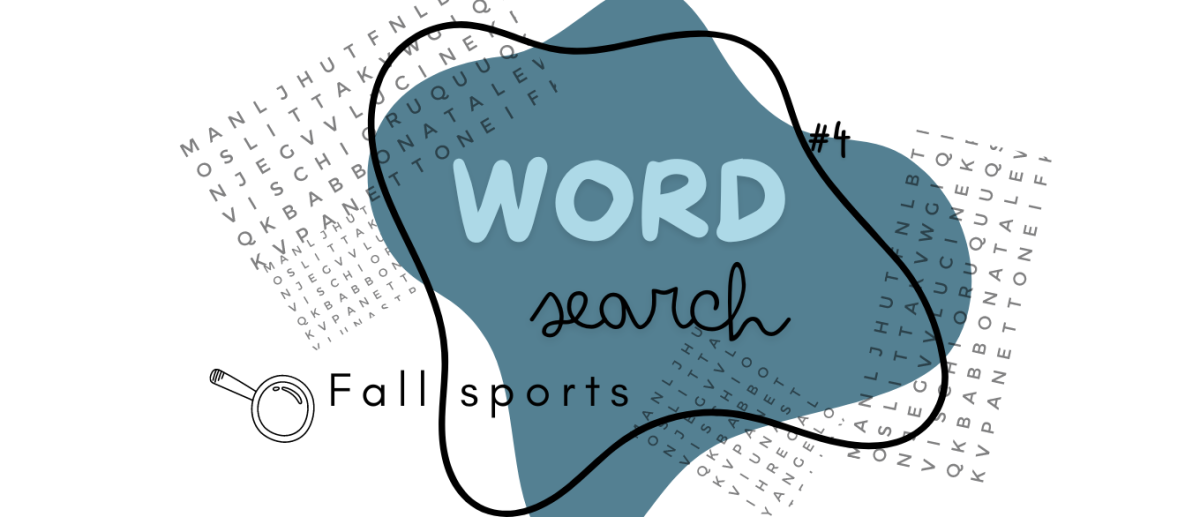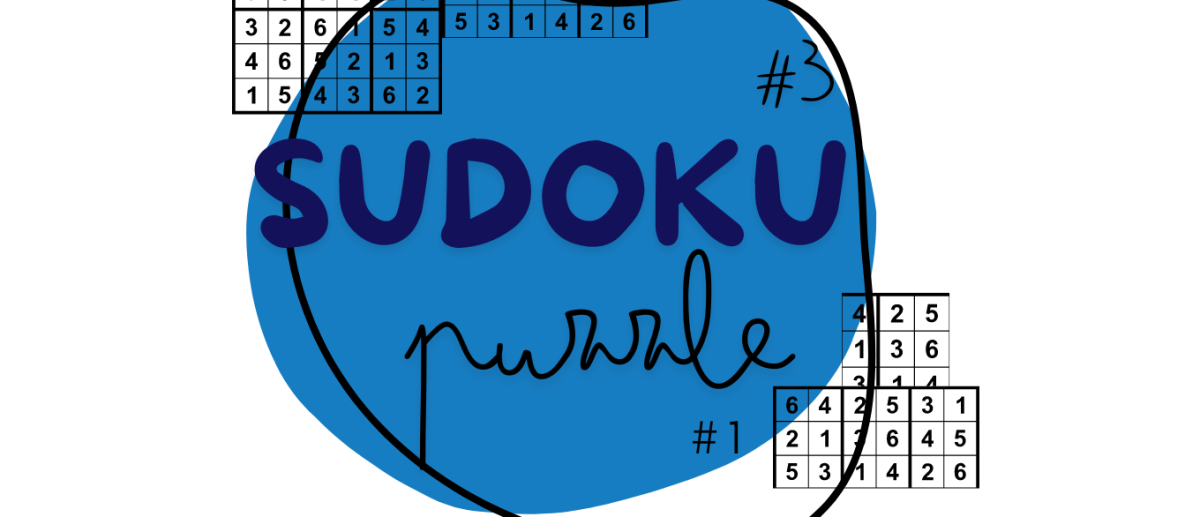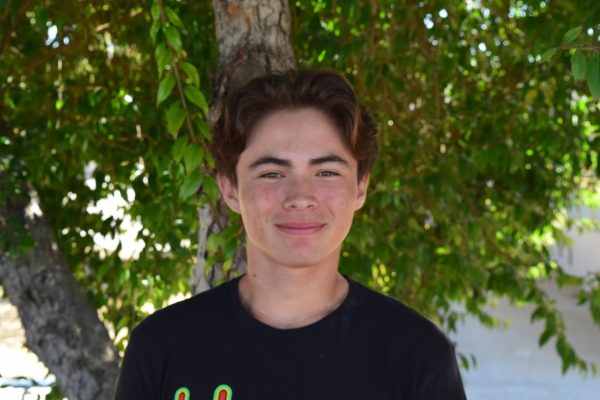The California Assessment of Student Performance and Progress (CAASPP) makes its way to Buena the week of Monday, April 21 to Friday, April 25. Juniors will be taking assessments for math, science and english in their history and english classes to track their progress and see if Calif. academic comprehension standards in these subjects are being met. The results of the assessments will reflect the quality of education in the district and affect funding
Although many students may perceive these tests as inconveniences that don’t apply to their class grade, there are many decisions made for our school and district based on the results coming from these assessments. Test scores from the English assessment in specific, explained by assistant principal Tiffany Dyer, will also play a factor in determining whether students will receive a bilingual seal if they choose to apply for one.
“They can impact some funding,” Dyer said. “What it impacts more than anything is how [the state] perceives how our school is doing and whether there [are] areas of growth.”
While the results from these tests can provide benefits to the school and district, a handful of juniors are at a disadvantage due to them not being enrolled in a science or math class this year.
“[CAASPP] should only be [asking] questions students would have learned in their required years of math or science,” junior Colton Vargas said.
Because the assessments may include questions on topics students are less familiar with, it’s important to understand how they work. These are computer adaptive tests, meaning the difficulty of each question adjusts based on the student’s previous responses—making each test personalized and unique.
While students are the ones taking the tests, AP Language and Composition teacher Antoinette Perez has similar views on the assessments.
“I understand that there’s some validity in it,” Perez said “[but] I don’t think there’s a lot of continuity or consistency among them”.
Something to look forward to after state testing is that students “who try their best are getting a Mr. Softee celebration,” assistant principal Dyer said.
“I do think there’s some good practice with it,” Perez said. “It reminds [students] of expository writing and synthesis and argumentative writing.”




